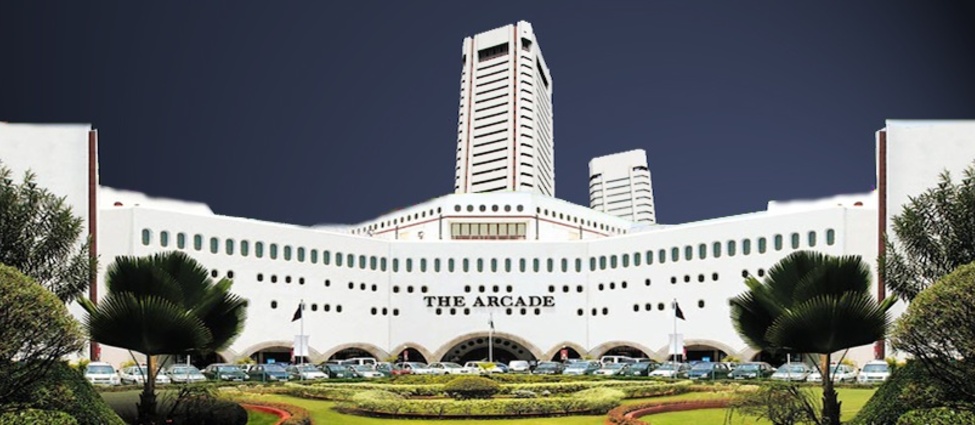

News

Stakeholder meetings on proposed UK-India FTA
Free trade agreements (FTAs) are tools for strengthening integration of Indian economy with other economies by promoting exports, imports and two-way investments. Traditionally, trade agreements focused on mere reduction or elimination of tariff barriers to promote seamless trade across borders. In recent years, however, countries are negotiating deep trade agreements or Comprehensive Trade Agreements that have provisions beyond mere elimination of tariff barriers. Such deep trade agreements include provisions for removing non-tariff barriers, harmonizing quality certification standards and policies related to government procurement, intellectual property, competition policy etc.
India and the United Kingdom (UK) are important trade partners and have recently announced talks for an Enhanced Trade Deal, which aims to double trade between them by 2030. While India is UK’s sixth largest non-EU trading partner, the UK is not among the top trading partners for India.
The Delhi-based think tank, Indian Council for Research on International Economic Relations (ICRIER) partnered with World Trade Center (WTC) Mumbai in organising a series of Virtual Stakeholder Consultation Meetings on ‘UK-India Comprehensive Trade Agreement’. As part of this series, eight meetings were held to discuss tariff and non-tariff issues across various manufacturing sectors. These meetings were aimed at understanding the concerns of domestic stakeholders and examine the scope for tariff rationalization in the identified sectors.
The identified sectors for these meetings were: auto-components, pharmaceutical and allied sectors, medical Devices, textiles & apparels, engineering products, chemicals, electronics & machinery, aerospace & components.
The consultation meetings generated discussion on products where India is willing to offer tariff concessions for goods produced in UK and explore where the UK government can support Indian industry through joint capacity building programmes. Participants in these meetings raised issues related to inverted duty structure that is preventing “Make in India”, “Atmanirbhar Bharat” and adversely impacting India’s integration in global value chain. The event helped identify products where UK has competitive advantage or does not compete with Indian producers and there is scope for mutually beneficial partnerships.
Some of the other issues discussed at these meetings were: state-level issues faced by the industry in specific sectors, issues faced by Indian exporters in the UK market, regulatory measures, intellectual property issues, government procurement issues etc. that are affecting bilateral trade.
Representatives from industry associations, consultancy organizations, academic & research institutions, think tanks, indirect taxation experts, small and medium sized exporters and importers participated in these meetings and shared their views on the subject.
The meetings were held from 7th January, 2022 to 28th January 2022